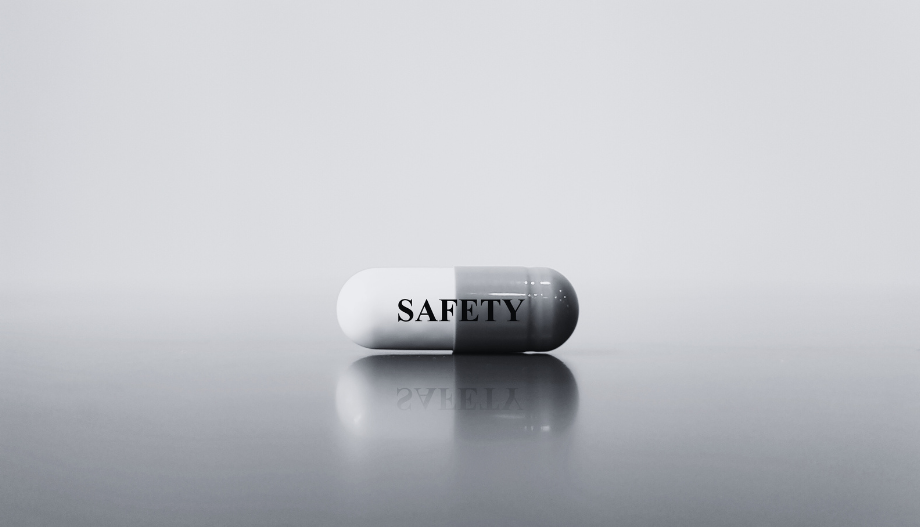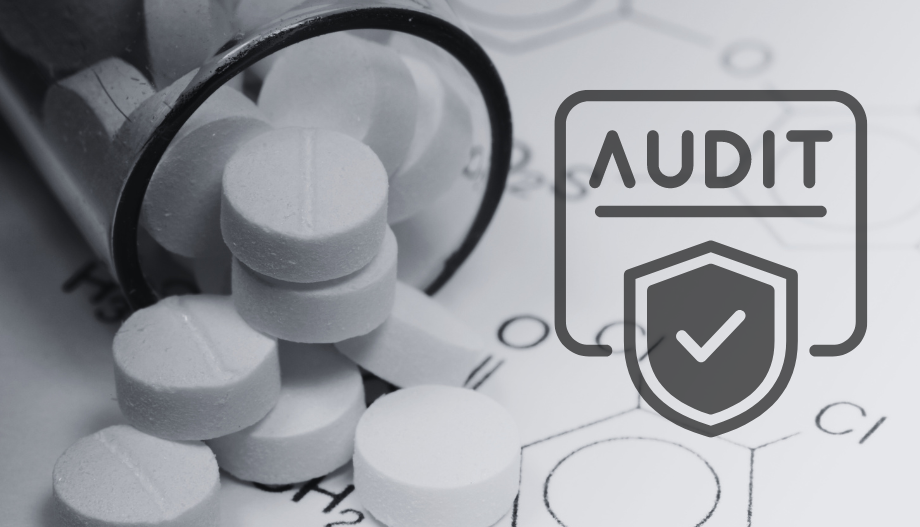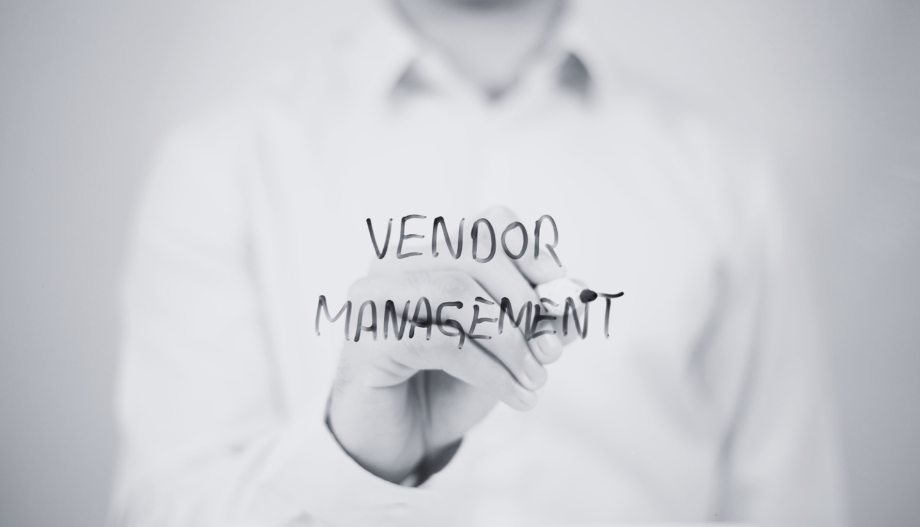
Regardless of whether your clinical study is intended to investigate a medicinal product, a medical device, or another intervention: The safety of the study participants will always play a major role. ICH guidelines, ISO norms, and the Declaration of Helsinki set the scene, and national laws and ordinances define stipulations so that the reporting parties keep the timelines. For you as a sponsor, it is important to decide beforehand whether and at which point of the reporting line you would want to be involved.
Key considerations for Sponsors:
Reporting from Site to CRO
The study plan (Clinical Trial Protocol, or Clinical Investigation Plan) must contain clear and concise stipulations for the reporting of any subject safety-related situation. Definitions of what to report (what is an adverse event, what is serious adverse event, and what is a device deficiency?), when to report (immediately? In regular intervals?), and how to report (documentation in the (electronic) Case Report Form, eCRF, or via a separate form?) must be made available to investigators and site personnel in an understandable and unequivocal manner.
Training of investigators and site personnel on subject safety-related stipulations is essential. Site Initiation Visit (SIV) and investigator meetings are suitable situations to convey all information on subject safety necessary to know.
Reporting from CRO to Sponsor
The sponsor needs to decide how the communication between the CRO and the sponsor shall be set up; details should be fixed in the Safety Management Plan or Communication Plan. The medical advisor of the sponsor might want to be involved in the further processing of subject safety-related matters. And most importantly: A definition is needed of what “involvement” means – would you just want to be informed, or do you think of an active involvement? Especially in these sensitive areas, an explicit definition of tasks and responsibilities is key.
Reporting from CRO to Authorities, ECs, and Investigators
Certain subject safety-related information surpasses a critical level and needs to be reported to the competent authority, ethics committee, and investigators, e.g., SUSARs (Suspected Unexpected Serious Adverse Reactions). The sponsor needs to ensure that all regulatorily defined information is forwarded in a timely manner, in the requested format and (electronic) system, and that the confirmations of receipt are kept.
Subject safety plays a key role in sponsor and investigator oversight activities and might influence risk management assumptions and activities. Therefore: Remember that what’s not documented, has not happened.
Participant safety is vital in clinical trials. As a sponsor, you’re key in ensuring this. Act now for participant safety!
Our safety management services guide you through reporting, communication, and oversight. Reach out to learn how we can support your trials.
Autor: Dr. Christoph Ortland, Feburary 2024
Wollen Sie mehr über Forschungsdock erfahren?
Nutzen Sie gern unser Kontaktformular. Wir setzen uns umgehend mit Ihnen in Verbindung.




